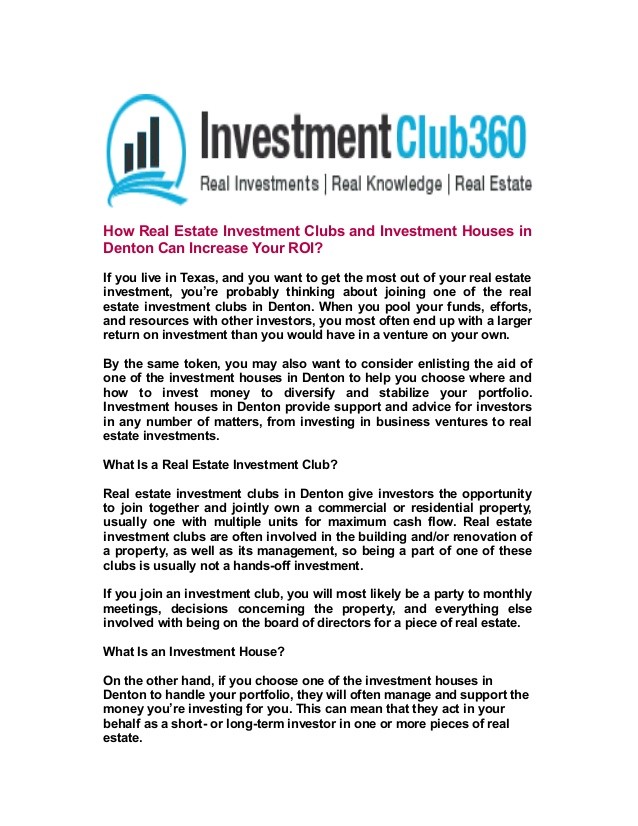Can Real Estate Stabilize Your Portfolio
Post on: 7 Апрель, 2015 No Comment

Historically used as a more tactical investment or for providing portfolio alpha. real estate has been used as part of a long-term core strategy due to increased market efficiency and increasing concerns about the future long-term variability of stock and bond returns. In fact, real estate is known for its ability to serve as a portfolio diversifier and inflation hedge.
If investors plan to make permanent real estate allocations in their investment portfolios, what return expectations should they have and what risks will they inevitably encounter? An investor considering the use of real estate as part of a long-term investment strategy should understand how to form return expectations and evaluate these investments in relation to more conventional investment options. We’ll show you how it’s done.
The following are four basic divisions in the possible collection of real estate investments:
- Private equity
- Private debt
- Public equity
- Public debt
These sectors take the form of direct real estate investments, real estate investment trusts (REITs) and public and private fixed income investments collateralized by equity real estate.
Diversification
Historically, investor interest in real estate has been for diversification and its ability to maintain the purchasing power of capital. The National Council of Real Estate Investment Fiduciaries (NCREIF) states that market indexes for the real estate industry have continually shown low correlation with the returns of both stock and bond investments. This suggests that real estate investments can increase portfolio diversification. The continual introduction of new real estate products and global opportunities provides for additional diversification possibilities and risk mitigation potential, by providing investors with greater flexibility to customize the real estate portion of their asset allocation.
Hedging Inflation
Although real estate debt instruments are heavily influenced by the movement of interest rates, their performance will also depend on the property markets, because their risk will often mirror that of the properties that collateralize them. Oftentimes, property returns are very stable, growing by small incremental amounts until they pop with some market adjustment that leads to their anticipated total return. This change in value can be significant and can explain a large portion of total return, which compels real estate investors to identify when those changes in value will occur, in order to make the correct buy, hold or sell decision.
With all of the risk-mitigation potential of real estate, the asset class still bears a considerable amount of market risk. Real estate has shown itself to be very cyclical. somewhat mirroring the ups and downs of the overall economy. In addition to employment and demographic changes, real estate is also influenced by changes in interest rates and the credit markets, which affect the demand and supply of capital and thus real estate values. Along with changes in market fundamentals, investors wishing to add real estate as part of their core investment portfolios need to look for property concentrations by area or by property type. Because property returns are directly affected by local market basics, real estate portfolios that are too heavily concentrated in one area or property type can lose their risk mitigation attributes and bear additional risk by being too influenced by local or sector market changes.
A basic and systematically used measure of the risk-adjusted superiority of investments is the Sharpe ratio. Because risk is defined as the variation in return, the Sharpe ratio is calculated by dividing the investment risk premium for a given period by the standard deviation of return for that same time interval. The risk premium is calculated by subtracting the risk-free rate — such as the 10-year U.S. Treasury bond (T-bond) — from the rate of return for a portfolio.














